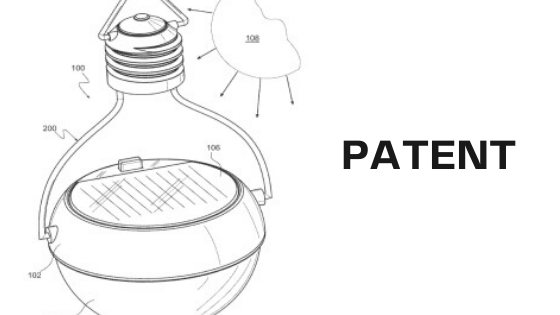In the world of innovation and invention, protecting your intellectual property is of utmost importance. One of the most effective ways to do so is by obtaining a patent for your idea. However, not every idea is eligible for patent protection. If you’re wondering where can I submit my invention idea and is my invention idea patentable, this article will walk you through the key criteria and steps to take in determining its eligibility.
Understanding Patentable Subject Matter
In general, patents are granted for new and useful inventions. However, not all inventions qualify for patent protection. To be eligible, your idea must fall under one of the following categories:
Process: A method or procedure for performing a specific function.
Machine: A device or apparatus that performs a task.
Manufacture: The creation of a new product, including its composition or material.
Composition of matter: A new chemical compound, mixture, or substance.
Improvement: A significant improvement upon a pre-existing invention in any of the above categories.
Novelty
Your idea must be novel, meaning it has never been publicly disclosed, published, or patented before. To determine novelty, conduct a thorough patent search using online databases such as the United States Patent and Trademark Office (USPTO) or the World Intellectual Property Organization (WIPO).
Non-Obviousness
A patentable idea must also be non-obvious, which means it should not be an obvious extension or modification of an existing invention to someone skilled in the relevant field. To assess non-obviousness, consider if your idea represents a significant advancement or a surprising and unexpected result.

Usefulness
Patent law requires that your invention must have a practical application and be useful in some way. This criterion is generally easy to satisfy, as long as your idea is not solely theoretical and has a real-world purpose or function.
Adequate Disclosure
To obtain a patent, you must provide a detailed description of your invention, including its purpose, how it works, and how it can be made by someone skilled in the relevant field. This information must be clear and complete to enable others to understand and replicate your invention once the patent expires.
Consulting With Invention Companies
If you’re still unsure about whether your invention qualifies for a patent, it’s best to consult with an expert, such as InventHelp company. InventHelp can help you determine whether your idea meets the legal criteria and provide advice on how to proceed. They can also perform market research, advise you on the feasibility of manufacturing and marketing your product, and provide other services as needed.
What Can You Expect from InventHelp? If you decide to work with InventHelp, you can expect them to work with you from the initial stages of your invention all the way through production and distribution. They’ll assist with marketing and promotion, as well as provide advice on how to protect your intellectual property rights and more.
Conclusion
Navigating the world of patents can be a complex and daunting process. However, by understanding the key criteria for patent eligibility, patentable subject matter, novelty, non-obviousness, usefulness, and adequate disclosure – you can better determine if your idea is worth pursuing. Consult InventHelp for professional guidance and assistance in protecting your intellectual property, and continue to innovate and create with confidence.



